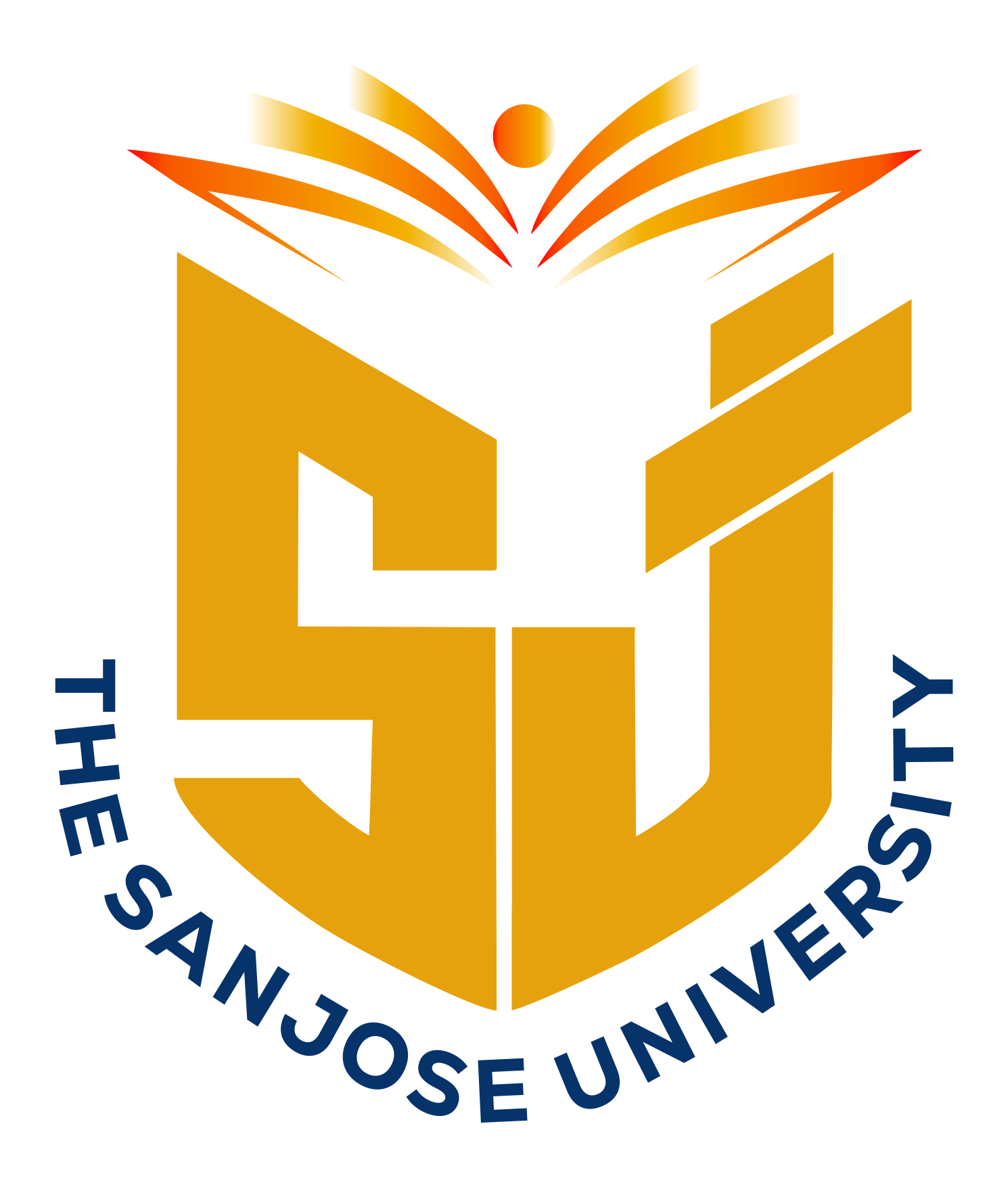Bachelor Degree of Science in Computer Science
Description of the educational program
The BSc Computer Science degree developed and is designed to give students a strong foundation in Computer Science and specialized knowledge of topics such as Data Science, Artificial Intelligence, Virtual Reality and Web Development. The program covers industry and academic case studies to help you apply studies in terms of real-world problems. The program is structured into three levels. The first level covers computer programming, with a special project on web applications. Students will learn how computers work as well as the mathematics that underpins computer science. The second level deepens programming skills and understanding of how to develop substantial software projects. You’ll also begin to learn specialized topics such as Graphics Programming and Data Science. In the third level, you’ll have the opportunity to study specialized modules depending on your specialist pathway and bring your knowledge and skills together with a final individual project — developing your own software.
Program Outcomes
At the end of this program, students will be able to
- Analyze a complex computing problem and apply principles of computing and other relevant disciplines to identify solutions.
- Design, implement, and evaluate a computing-based solution to meet a given set of computing requirements in the context of the program’s discipline.
- Communicate effectively in a variety of professional contexts.
- Recognize professional responsibilities and make informed judgments in computing practice based on legal and ethical principles.
- Recognize professional responsibilities and make informed judgments in computing practice based on legal and ethical principles.
- Function effectively as a member or leader of a team engaged in activities appropriate to the program’s discipline.
- Apply computer science theory and software development fundamentals to produce computing based solutions.
Curriculum
- Mathematics Foundation
- Discrete Mathematics (5 credits)
- Linear Algebra and Optimization (5 credits)
- Probability and Statistics (5 credits)
- Introduction to Logic (5 credits)
- Science & Engineering Foundation (Pick Any Two)
- General Biology (5 credits)
- General Physics (5 credits)
- Basic Electronics (5 credits)
- Humanities Foundation (Pick Any Two)
- Writing Practice (5 credits)
- Online Social Media (5 credits)
- Video Games – Technology and Social Impacts (5 credits)
- Other Courses (Pick Any One)
- Environmental Studies (5 credits)
- Introduction to Economics (5 credits)
- Science, Technology and Modernity (5 credits)
- Introduction to Programming (5 credits)
- Introduction to Computing Systems (5 credits)
- Computer Systems and Performance (5 credits)
- Command Line Interfaces and Scripting (5 credits)
- Data Structures and Algorithms (5 credits)
- Algorithm Design (5 credits)
- Object Oriented Programming (5 credits)
- Relational Databases (5 credits)
- Programming for Mobile Devices (5 credits)
- Web Programming (5 credits)
- Operating Systems (5 credits)
- Software Design Principles (5 credits)
- Building Database Applications (5 credits)
- Software Development Practices (5 credits)
- Network Programming and Client-Server Programming (5 credits)
- Formal Languages and Applications (5 credits)
- Honors (Pick any Eight)
- Graphs and Networks
- Automata and Computability
- Experimental Algorithmics
- Introduction to Bioinformatics
- Data Visualization
- Introduction to Data Analytics
- Multicore and GPGPU Programming
- TCP/IP and Internet
- Information Security
- Human Computer Interaction
- Designing Multimodal Interfaces
- Modern Databases
Duration of the program:
BSC-General (4years)
Students must complete a total of:
| Degree | Total Program Credits |
| Bachelor of Science in Computer Science | 120 |
Breakdown of Credit hours
| Course Name | Credits |
| General Education Course | 40 Credits |
| Core Courses | 80 Credits |
